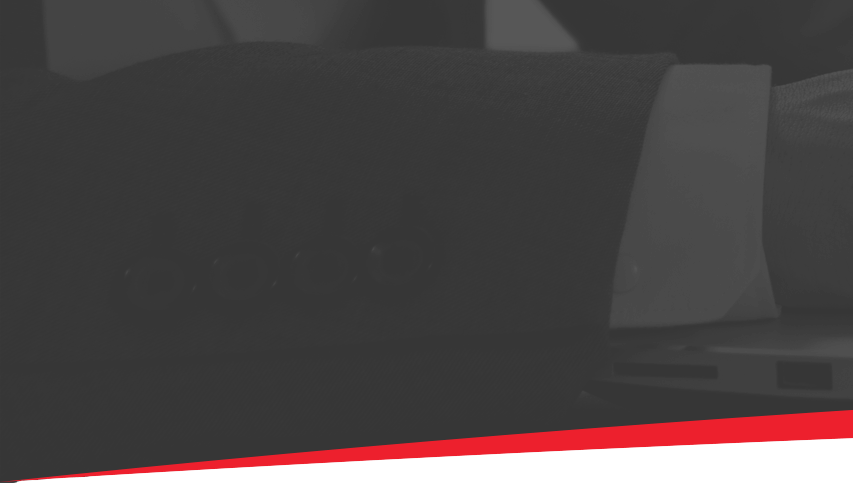Dafna Sarnoff is the SVP Marketing at Yodle (a Web.com Company), a global leader in local online marketing. We got to know Dafna four years ago when we placed her at Yodle, where she was promoted in her first year. One of the aspects of Dafna’s story we’ve always found most compelling is how she successfully returned to the workforce after an eight-year absence when she focused on her family. Dafna agreed to speak with us and provide some input about how she did that and so much more.
Accelent: What were the three or four drivers that you believe led to your being effective during your time at Yodle?
Dafna: At Yodle, there was a nice convergence of what I think of as my areas of greatest strengths/skills, the company’s overall culture, and my particular role there. I’d say the top few drivers were (and continue to be):
- Recognizing great talent internally and externally, then making it a priority to develop and empower those people and enable them to work together. Just as importantly, recognizing when people are not a great match for the culture and/or their jobs, and not letting a mismatched situation linger and affect the larger team for an extended period of time.
- Soliciting and hearing opinions from a broad group of people who are smart and insightful about the business, whether or not they are on my team. Establishing a team culture that demands we be good partners to work with. Treating people with respect. If you’re going to be successful in a big role, you can’t possibly do it yourself.
- Staying focused on results: as much as possible, using hard data to decide if we’re doing a good job.
- Having a manager who is demanding, rational, and forthcoming with feedback. Having someone who trusts and empowers you, then ultimately holds you accountable and is willing to tell it to you like it is makes a huge difference in both your development and your ability to grow the company and add value to it.
I think all of these were helpful, as well as the fact that the Yodle culture of transparency, empowerment and fun is consistent with the environment that I like to work in and create myself.
–
Accelent: What were the lessons learned in making the transition back into the workforce after 8 years?
Dafna: It’s very difficult to come back after 8 years! Everything changes, big and small. There are new tools, new acronyms, new best practices on structuring the business, new channels—and a much longer list. So you’re likely coming back to a brand new game, in a new business that you need to learn quickly, and a new organization with players that you need to get to know. You have to put your head down and get through those first days and months—and if you want to go back to a serious full-time job, you have to be very committed to doing it. This may have been the hardest thing I’ve ever done.
Once you can get through the initial ramp-up, it’s extremely rewarding to come back, and in many ways you can be more focused and effective than ever. I’m a much happier person coming in to a job that I love every day (though I’m grateful to have taken the time that I did when I did it), and I appreciate it in a different way. It’s great to be able to move the business and the organization, and to enjoy professional relationships with people you’d never meet outside of work, but who inspire and help you be better yourself, and are fun to sit next to or have drinks with in whatever random city you’re in.
Lastly, culture matters. You might not have the luxury of picking your dream job right out of the gate if you’re out after a big gap—usually, you’re just lucky to find someone who’ll take a chance on you. But eventually finding a place where the culture is a great match can make all the difference in your day-to-day life and ability to truly succeed.
–
Accelent: What were the lessons learned in your first 90 days at Yodle?
Dafna: I remember watching someone come in to my last job before Yodle and setting a very clear public intention of what they planned to accomplish in the first 90 days, then delivering on it, and how effective that was at establishing them as a true leader early on. I tried to pick a couple of areas where I could register some quick wins even as I was still ramping up my understanding of the business more broadly.
In terms of Yodle-specific things that I needed to learn in the early days: Yodle has a unique planning process that requires every team to establish clear goals, with associated metrics, every trimester—and then go back and account for them. It also forces all the senior leaders into alignment and clarifies resourcing tradeoffs. In a more entrepreneurial environment, this is key to making sure we’re acting with urgency. This was a bit new to me, having been in companies with longer term planning cycles and less specific accountability. I l think I learned greater urgency and accountability, and to hold my team to that as well.
One last and great lesson: in a well-run, results-oriented company, no one cares what font your PowerPoint is in. They care whether you made a good decision and are affecting the P&L—in fact, the less time spent on your PowerPoint fonts, the more time you can spend actually leading. Of course, there are times when a good deck can be helpful, or even necessary. But on balance, a tightly run company can’t afford to have someone whose job is formatting PowerPoints—or anything else that isn’t really adding value. This reorientation towards results, decisions, and eliminating tasks that aren’t necessary was very important.
–
Accelent: How did you apply the lessons of your first 90 days to the rest of your time at Yodle? (i.e. Onboarding/integration – team building – goal setting, etc.)
Dafna: Finding the best people (internally and externally) and putting them in roles that are sufficiently defined and resourced is so important, and the need to do that isn’t restricted to the first few months. Once you’ve got even one great partner, your job becomes much easier, but good people get promoted to other areas of the business and change their roles. You have to constantly be looking for new needs, new talent, more ways to bring in different perspectives and skills. That’s something I think about all the time, especially when my responsibilities change.
Similarly, having open, trusting working relationships with smart and competent people makes your work and your team’s work easier and better. This is another area where you’re never done—you always need to be working to maintain and improve those relationships.
The lessons on our culture are now just a part of the way that I work, and encourage and expect my team to work.
Finally, ramping up early on is like drinking from a fire hose, and there’s no easy way to do it. You’ve just got to put in the hours. If you’re serious about your career, you’ve got to pick your places to invest time like that continuously.
–
Accelent: Knowing what you know now, what do you wish you had known your first day at Yodle, in order to have had an impact on the business more quickly?
Dafna: As hard as I tried hard to focus (relatively successfully) on a few quick wins, if I could do it again, I’d have been even more ruthless in my focus—not trying to do too much, but picking things that I could do successfully even without the benefit of a truly deep understanding of the business.
I also think you can’t remind yourself and your team enough that the most important thing is to ultimately have a significant impact on the P&L and the customer. And don’t be afraid to take risks. I think given my own risk profile and history working at bigger companies, it was easy to be biased toward overthinking and excessive caution. In a rapidly changing environment, you have as much to lose from moving too slowly as moving too quickly. As our CEO, Court Cunningham, likes to say, if you want to double your success rate, you should double your failure rate.
Lastly, try to relax and enjoy the ride as much as possible. Realize how much things can change from day to day in a business that moves as fast as ours, and don’t get thrown by any particular day.













